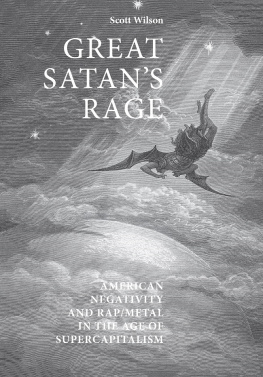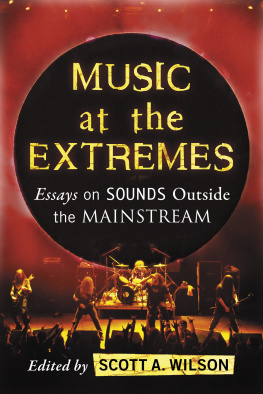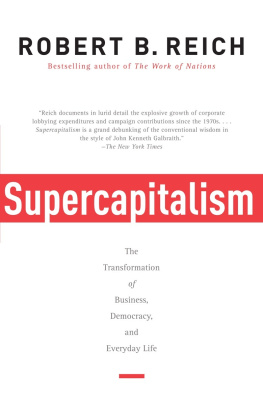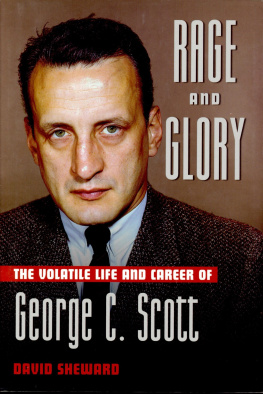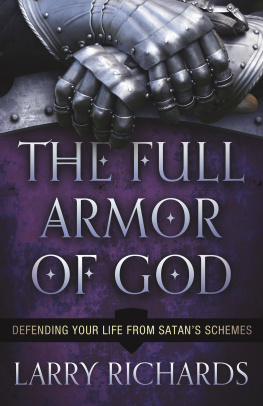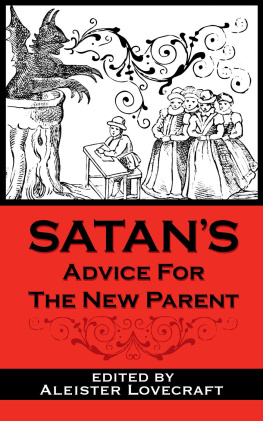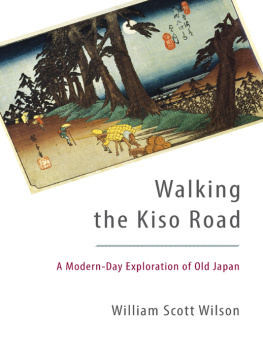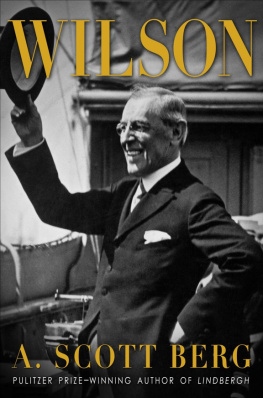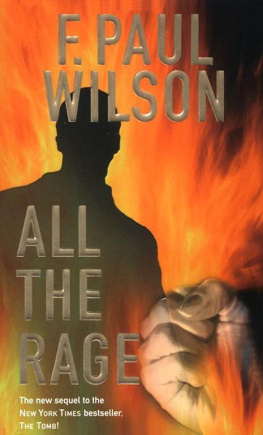Scott Wilson - Great Satans Rage: American Negativity and Rap/Metal in the Age of Supercapitalism
Here you can read online Scott Wilson - Great Satans Rage: American Negativity and Rap/Metal in the Age of Supercapitalism full text of the book (entire story) in english for free. Download pdf and epub, get meaning, cover and reviews about this ebook. year: 2008, publisher: Manchester University Press, genre: Politics. Description of the work, (preface) as well as reviews are available. Best literature library LitArk.com created for fans of good reading and offers a wide selection of genres:
Romance novel
Science fiction
Adventure
Detective
Science
History
Home and family
Prose
Art
Politics
Computer
Non-fiction
Religion
Business
Children
Humor
Choose a favorite category and find really read worthwhile books. Enjoy immersion in the world of imagination, feel the emotions of the characters or learn something new for yourself, make an fascinating discovery.
- Book:Great Satans Rage: American Negativity and Rap/Metal in the Age of Supercapitalism
- Author:
- Publisher:Manchester University Press
- Genre:
- Year:2008
- Rating:5 / 5
- Favourites:Add to favourites
- Your mark:
- 100
- 1
- 2
- 3
- 4
- 5
Great Satans Rage: American Negativity and Rap/Metal in the Age of Supercapitalism: summary, description and annotation
We offer to read an annotation, description, summary or preface (depends on what the author of the book "Great Satans Rage: American Negativity and Rap/Metal in the Age of Supercapitalism" wrote himself). If you haven't found the necessary information about the book — write in the comments, we will try to find it.
Scott Wilson: author's other books
Who wrote Great Satans Rage: American Negativity and Rap/Metal in the Age of Supercapitalism? Find out the surname, the name of the author of the book and a list of all author's works by series.
Great Satans Rage: American Negativity and Rap/Metal in the Age of Supercapitalism — read online for free the complete book (whole text) full work
Below is the text of the book, divided by pages. System saving the place of the last page read, allows you to conveniently read the book "Great Satans Rage: American Negativity and Rap/Metal in the Age of Supercapitalism" online for free, without having to search again every time where you left off. Put a bookmark, and you can go to the page where you finished reading at any time.
Font size:
Interval:
Bookmark:
a scream pierces the clouds.
Oxford Road, Manchester M13 9NR, UK
and Room 400, 175 Fifth Avenue, New York, NY 10010, USA
www.manchesteruniversitypress.co.uk
Palgrave, 175 Fifth Avenue, New York,
NY 10010, USA
UBC Press, University of British Columbia, 2029 West Mall,
Vancouver, BC, Canada V6T 1Z2
A catalogue record for this book is available from the British Library
16 15 14 13 12 11 10 09 08 10 9 8 7 6 5 4 3 2 1
To wreck on innocent man his loss
Strip away the fabric of a thousand years of living
The trumpet of freedom has sounded
Great Satan.
Font size:
Interval:
Bookmark:
Similar books «Great Satans Rage: American Negativity and Rap/Metal in the Age of Supercapitalism»
Look at similar books to Great Satans Rage: American Negativity and Rap/Metal in the Age of Supercapitalism. We have selected literature similar in name and meaning in the hope of providing readers with more options to find new, interesting, not yet read works.
Discussion, reviews of the book Great Satans Rage: American Negativity and Rap/Metal in the Age of Supercapitalism and just readers' own opinions. Leave your comments, write what you think about the work, its meaning or the main characters. Specify what exactly you liked and what you didn't like, and why you think so.

